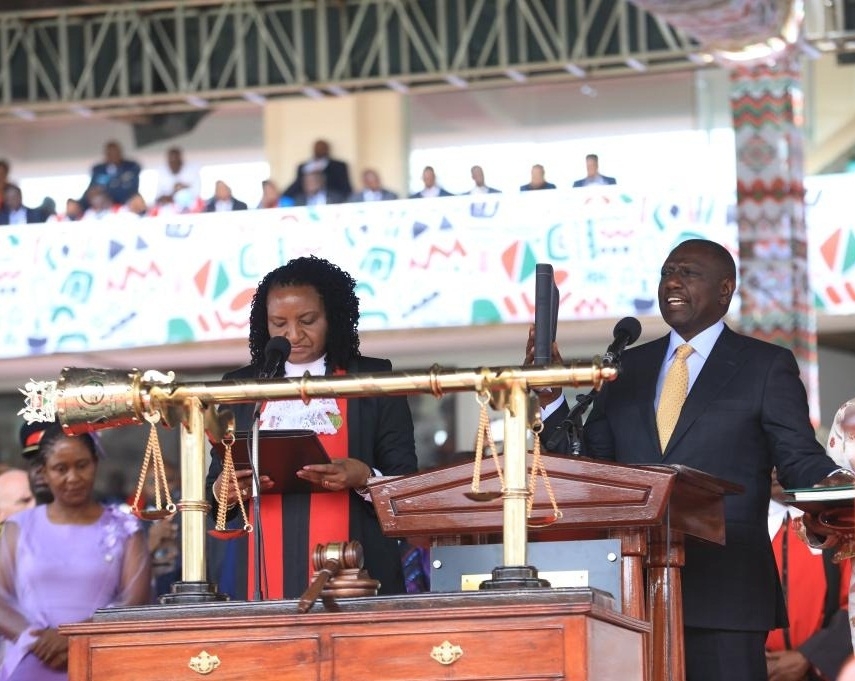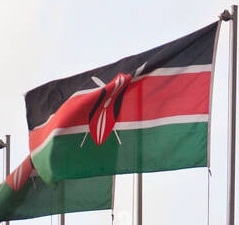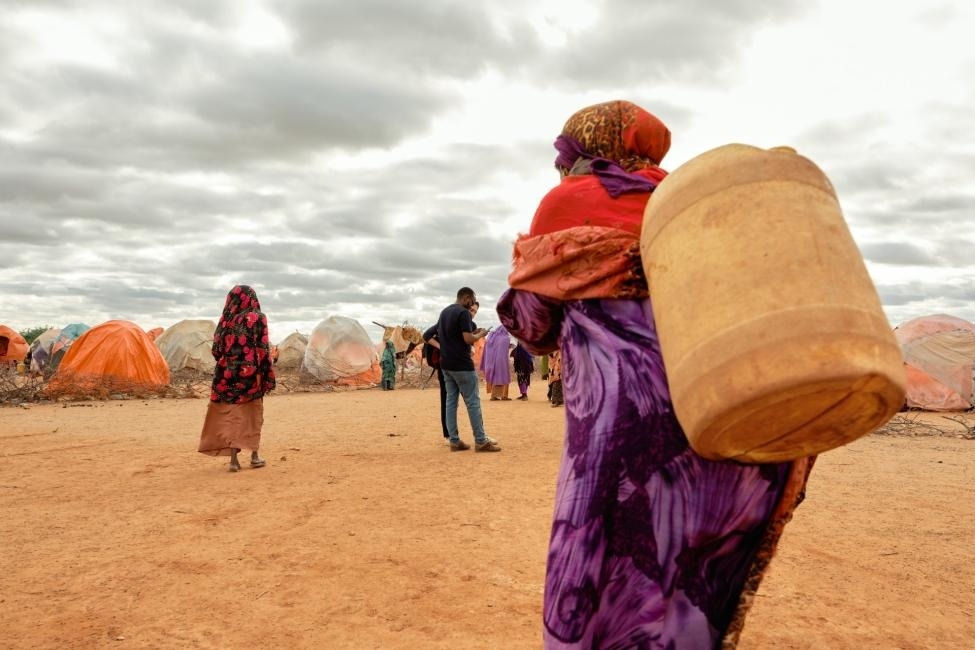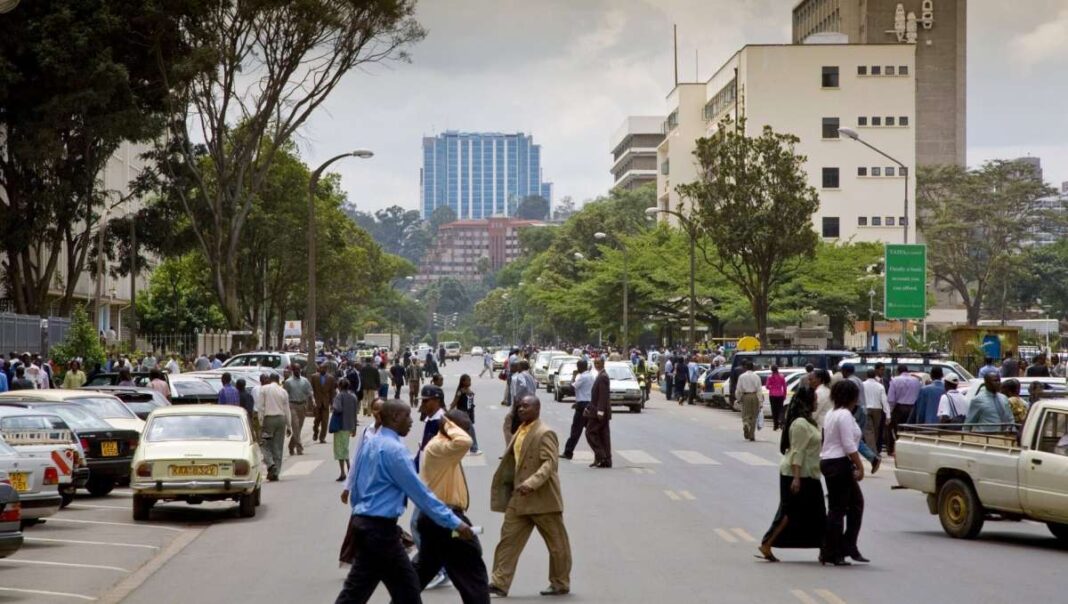A rising China is not only detrimental for the global economy, but is a dangerous path that needs to be countered through a collective effort. Africa in specific needs to stand up to Chinese strategy of providing unfavourable loans with conditions that intend to cripple economies at China’s behest.
Kenya’s mounting Chinese debts are causing some serious consequences in the African nation. China in specific, amounts for around a third of Kenya’s debt, leading many to believe that the successive Kenyan governments have over-borrowed for over-priced projects. This has not only left the east African nation in excessive debt but has overburdened the national economy as well, leading the general public to call for a transparent and accountable reassessment of Chinese investments in the country.
These protests have seen some form of success when documents released by the Kenyan government after years of desecration had proved that the Chinese side had unfavourable as well as hostile terms and conditions in infrastructural projects across the country. This has since not only stressed the Kenyan economy but has also generated significant animosity with the general public against Chinese investments. The contract that was released by Kenya’s Transport and Infrastructure Cabinet Secretary, Kipchumba Murkomen, included details largely pertaining to one of the most ambitious project that Kenya had ever taken in its history at China’s behest – The Standard Guage Railway initiative.
The project was initially stated as a game-changing investment for Kenya in its developmental trajectory; yet China’s appalling technique in granting high-interested loans to the developing world had once again taken prime position once the project was agreed upon. The project during its inception was agreed to be paid by the Exim Bank of China, above and over the loans granted by the Exim Bank, the Kenyan government declared in 2020, that it had financial dues amounting to over 38 billion shillings to Afristar, a Chinese owned firm. This took the overall borrowing for the SGR project alone to 420 billion shillings from China. These excessive loans have now been having serious consequential effects on the Kenyan economy.

In the disclosure of the contract, it has been revealed that Kenya was bound to keep the details secretive, while unfavourable terms had been agreed upon subsequently as well. Until the details were made public, observers noted that Chinese contracts with developing countries usually included clauses in which borrower countries were mandated to prioritize repayments to Chinese state-owned firms over its other borrowings. The contract stated that the SGR deal was a twenty-year-old loan with a seven-year grace period, in which Kenya was to repay within 13 years. Within this, at least 42% of the revenue generated from the project was to be used for repayment of the loans. The Nairobi -Naivasha route alone amounted for around $1.2 billion for a twenty-year period as a loan to the Kenyan taxpayers.
The document also noted the deal in which China was to lend Kenya $1.6 billion dollars at 2 percent interest rate per annum with a 0.25 percent commitment fees, that too, after a management fee of 4 million dollars was paid 30 days after the signing of the deal. The disclosure also stated the details of dispute resolution mechanism. In the case of a dispute over the terms of the contract in the future that was to arise, the case would be settled in China’s territory and not in an international forum. This however might just come to cause serious implications for Kenya’s domestic stability as mounting pressure form the public to restructure the project will invariably lead to a dispute that can only be resolved in China as per the contract. The deal also denoted that Kenya was to approach China first for any goods that it would require in the construction of the projects for purchase before approaching the international market.

Although not every aspect of the deal was made public, it has been well known that China has maintained including asset seizure clauses within such high lending projects. In the SGR project too, Kenya was required to set up a special reserve account while also waive off immunity for a specific port in Mombasa, thus making these two Kenyan assets vulnerable for seizure by China in case it was to default on its repayments post the end of the deal.
Recently, when Kenya had sought for an extension on the debt payments, which was vehemently denied by China stating that Kenya was not a low-income earning country. A similar request for a debt restructuring negotiation was denied by Beijing when the Kenyan government was dealing with the severe economic downturn induced by the pandemic. In 2019, the Kenyan economy had breached the East African Community debt ceiling thereby further weakening the nation’s economic sustainability. The ulterior motive behind such measures have primarily been to safeguard Chinese interests. Thus, invariably resulting in creating susceptibilities in fiscal and interest payments within the Kenyan fragile economy.
These staggering details have only confirmed what had been previously speculated- China was providing loans to developing countries at commercial rates higher than the market with the promise of easy access to finances. The severe indebtedness of Kenya has given China significant leverage not only in East Africa, but in the whole continent as well where it has endeavoured in such similar deals. Kenya’s debt commitment has sharply increased by more than 135 percent in the last couple of years since the inception of the SGR project. China’s tactics of exemplifying white elephant projects that have generally been rendered useless around the world, has also encapsulated Kenya for that matter through developmental promises that has usually failed against the test of times.

The publication of some sections of the secretive deal has brought the much-needed attention to China’s hegemonic tactics that has wreaked havoc in economically volatile regions. Even if this might be a step in the right direction, it is important that a complete over-haul of the Chinese projects is initiated before China’s ultimate strategy kicks in, mostly when countries begin to default on their repayments of Chinese debts. The picture-perfect presentation of the BRI projects and its associated deals are therefore nothing but sinister tactics to gain economic and political leverage over nations that may wish to seek their own autonomous decision-making methods.
A rising China is not only detrimental for the global economy, but is a dangerous path that needs to be countered through a collective effort. Africa in specific needs to stand up to Chinese strategy of providing unfavourable loans with conditions that intend to cripple economies at China’s behest. Such plans can only be tackled when developing and sensitive countries attempt to see beyond short term economic gains and view the treacherous road that China has invariably embarked upon. Thus, it is important for countries to take the Kenyan example and view them for what they actual are, i.e., Chinese attempts of destabilizing internal economies while subsequently gaining a stronghold over sovereign national economies.
africadailydigital.com

